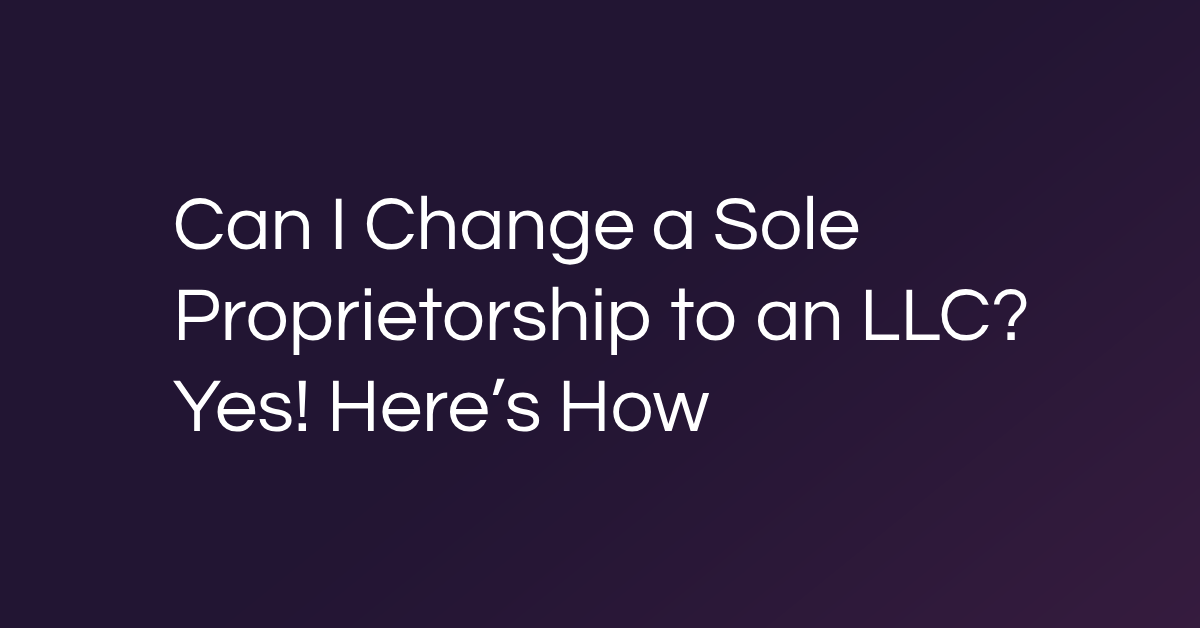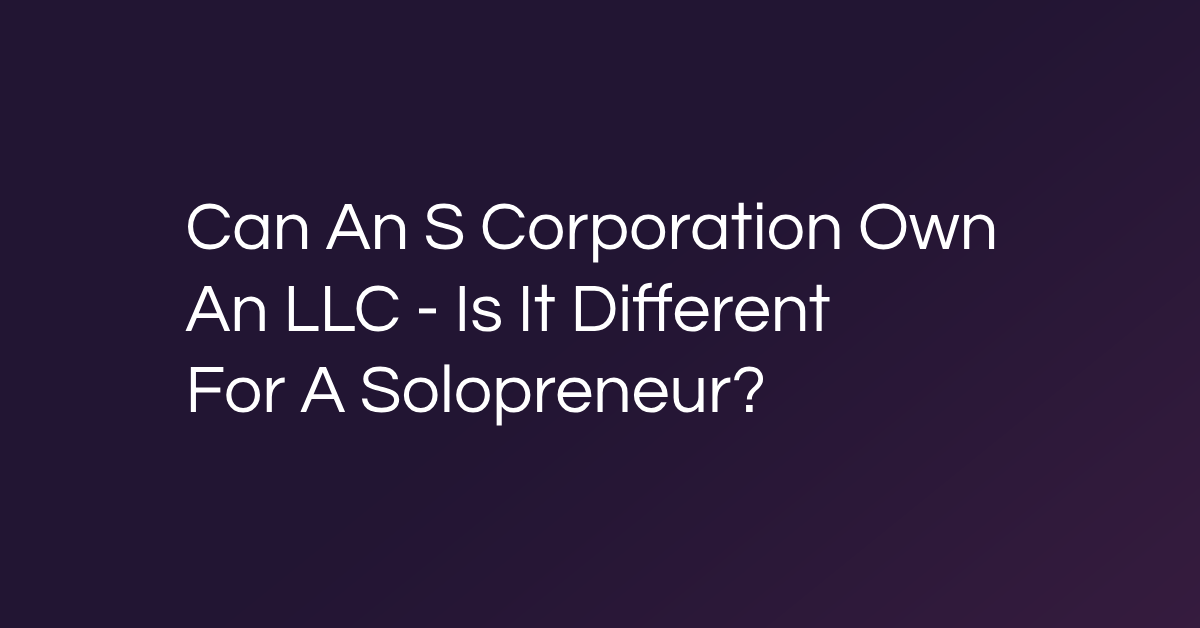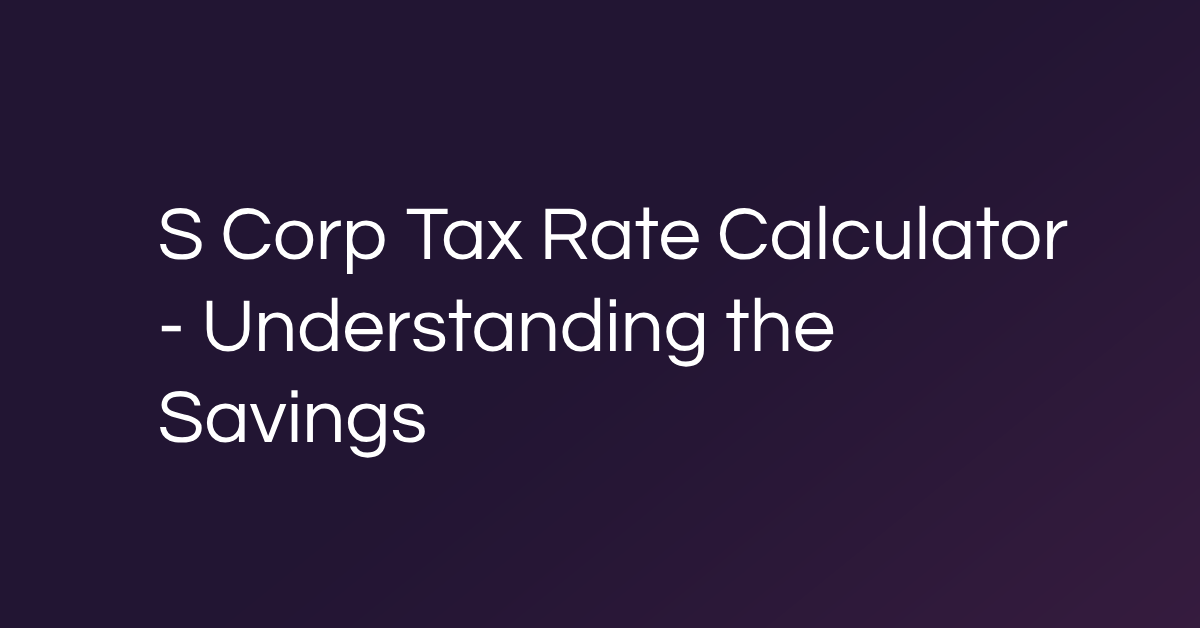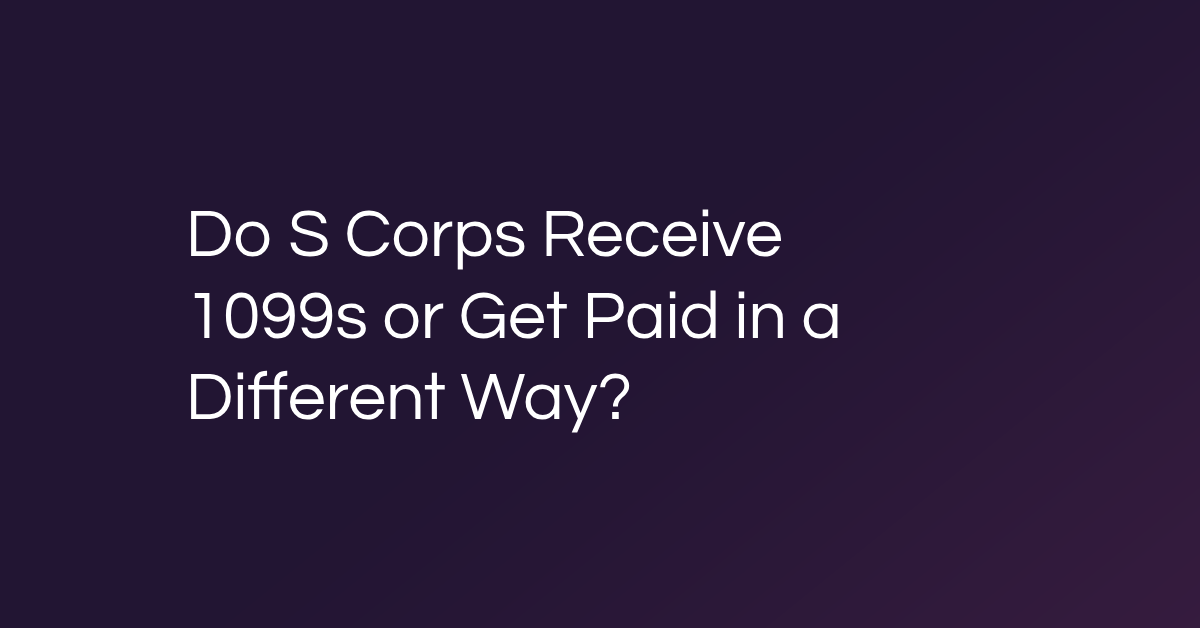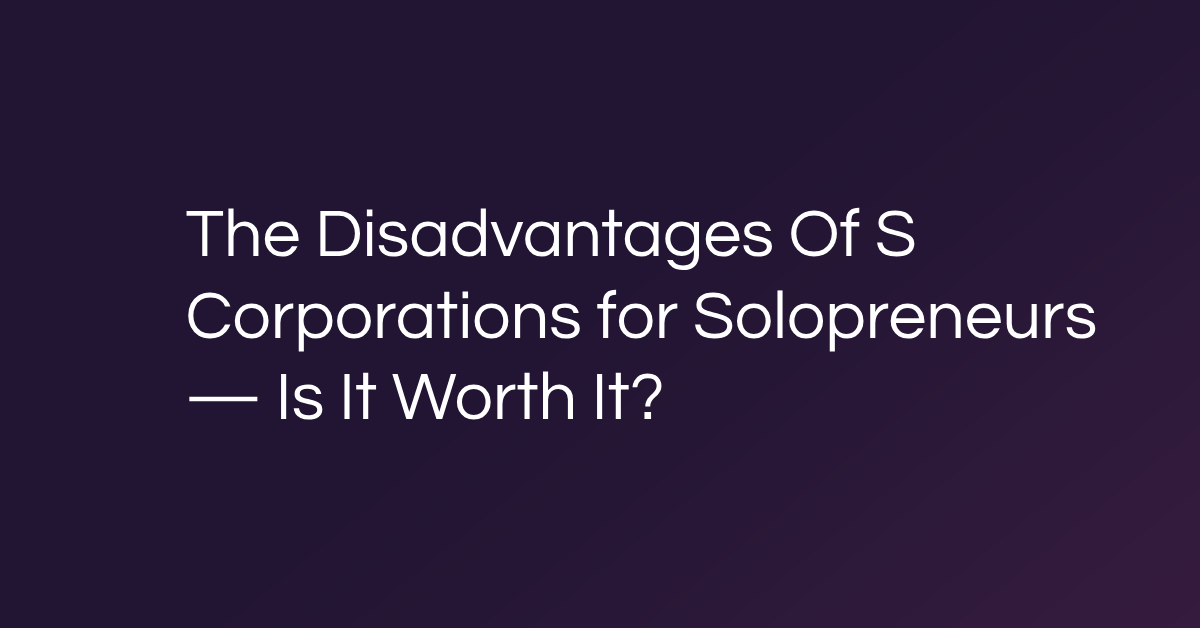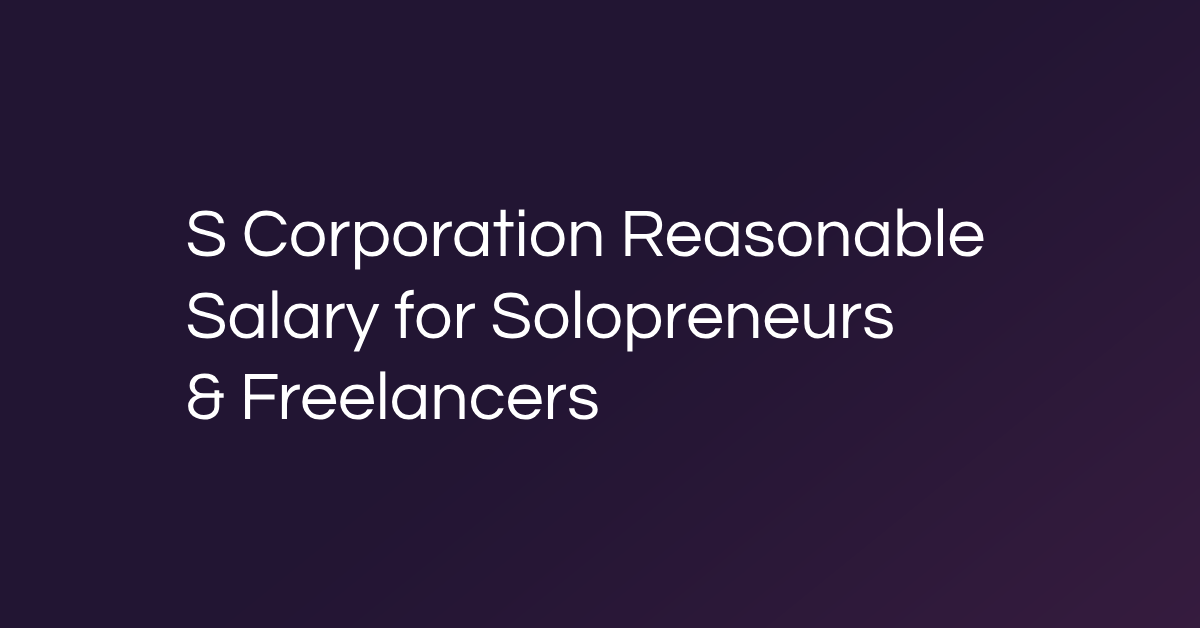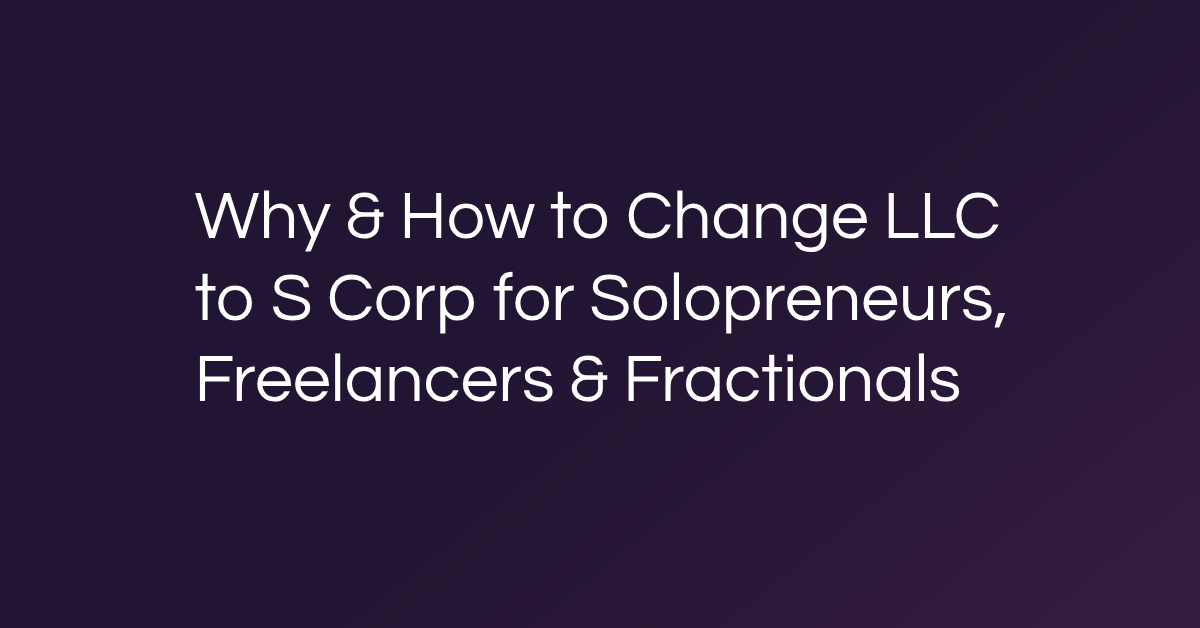Structuring your business of one as a sole proprietorship offers simplicity, but it also exposes you to personal liability and limits your growth potential. If you’re asking, “Can I change a sole proprietorship to an LLC?” The answer is yes––and it’s a smart move for solopreneurs who want protection, credibility, and more control over their taxes.
Transitioning from a sole proprietorship to a solo LLC gives you a legal separation between your business and personal finances. With Besolo, the process is straightforward—our platform makes it easy to form an LLC and start managing your business like a pro.
Why change a sole proprietorship to an LLC?
Switching from a sole proprietorship to an LLC makes sense because doing so unlocks a long list of advantages. You gain liability protection, tax flexibility, and a more professional business structure—without sacrificing simplicity.
For many solopreneurs, choosing a formal business entity is a foundational step toward long-term success, scalability, and financial protection.
Personal liability protection
An LLC separates your personal finances from your business obligations. If your business is ever sued or can’t pay its debts, your home, car, and savings generally can’t be touched. This layer of legal protection is one of the top reasons self-employed professionals switch from a sole proprietorship to an LLC, especially in states like Texas and California.
Related: Charging order
A charging order is a legal remedy creditors can use to collect from an LLC member—but it doesn’t allow them to take control of the business. This added protection limits outside interference in company operations. It’s another safeguard that distinguishes an LLC from a sole proprietorship, where personal and business assets are legally the same.
Tax options
LLCs offer flexible tax treatment. By default, single-member LLCs are taxed as pass-through entities—similar to sole proprietorships. However, you also have the option to elect S corporation status, which may reduce self-employment taxes. Besolo helps solopreneurs evaluate LLC vs. S corp structures and automate the switch when it makes financial sense.
Inexpensive to form
Forming an LLC costs less than you think. Filing fees vary by state, but there’s no need for a significant upfront investment. Many solos start as sole proprietors and then transition to an LLC once their income increases—a small cost for long-term protection and growth potential.
Easy to form
Setting up an LLC is a straightforward process — in fact, with our Solo LLC option, we do all of it for you. You choose a business name, file your articles of organization with your state, and get an EIN from the IRS—no law degree is required. With help from platforms like Besolo, the paperwork becomes even easier—and faster.
Less paperwork
Unlike corporations, LLCs don’t require annual shareholder meetings, bylaws, or complex formalities. You can keep operations simple while still getting legal protection. Compared to sole proprietorships, the added paperwork is minimal and often handled by your filing platform or CPA.
Management flexibility
LLCs let you choose how to manage the business. You can run it yourself (member-managed) or designate a manager. There are no board requirements or corporate hierarchies. This flexibility gives solopreneurs complete control over day-to-day decisions without added red tape.
Credibility
An LLC signals professionalism. Clients, vendors, and lenders often see incorporated businesses as more stable and legitimate. Using an official business name with “LLC” at the end boosts credibility—especially when bidding for contracts, applying for financing, or building long-term client relationships.
How to change a sole proprietorship to an LLC
Transitioning from a sole proprietorship to an LLC involves a few key steps:
- First, choose a business name that complies with your state’s naming rules
- Next, file your articles of organization with your Secretary of State
- Once approved, apply for a new EIN, even if you already had one as a sole proprietor, since IRS guidelines treat LLCs as separate entities.
You’ll also want to update your bank accounts, contracts, and licenses to reflect the new legal structure. The process is manageable—and with Besolo, it’s automated and CPA-backed for a stress-free transition.
Responsibilities as an LLC owner
Forming an LLC is just the beginning. To stay in good standing, you’ll need to keep up with ongoing responsibilities. This includes maintaining a registered agent, filing annual reports or franchise taxes depending on your state, and keeping business finances separate from personal ones.
You’re also expected to maintain accurate records, follow your operating agreement, and comply with any industry-specific licensing requirements. These obligations vary by state but can quickly add up—especially if your business is growing or you operate in multiple jurisdictions.
That’s where smart systems matter. Besolo’s integrated admin tools help solopreneurs monitor deadlines, stay compliant, and automate routine filings—so you don’t miss critical updates or lose time to manual busywork. Instead of juggling spreadsheets or hiring extra help, you get a streamlined back office that scales with your business.
FAQs about LLCs
How do LLC owners get paid?
LLC owners typically pay themselves through owner’s draws or distributions. In an S corp, owners also receive a salary through payroll in addition to distributions.
Do LLCs pay more taxes than sole proprietorships?
LLCs offer tax flexibility—default pass-through taxation or electing S corp status. While taxes can be similar, S corp election often reduces self-employment tax for high earners.
Do I need an LLC if I’m self-employed?
While not required, forming an LLC provides liability protection, tax options, and credibility that sole proprietorships don’t. It’s a strategic move for most business-of-one professionals.
Do I need a lawyer to form an LLC?
No. Many solos form LLCs without legal help. Free education and support are available to help you understand your state’s LLC process, but Besolo goes further—handling the setup, paperwork, and compliance so you can focus on running your business.
Set up your LLC with confidence—Besolo makes it easy
Switching from a sole proprietorship to an LLC gives you stronger liability protection, tax flexibility, and long-term credibility. But you don’t have to manage that transition alone.
Besolo’s self-employment OS simplifies the process—from filing your LLC to tracking compliance and payroll. Whether you’re ready to form your LLC or still exploring the move, our platform makes it seamless.
Explore more:
- Changing a sole proprietorship to an LLC
- Can an S corporation own an LLC?
- Benefits: Healthcare, 401K, pet insurance, and more

